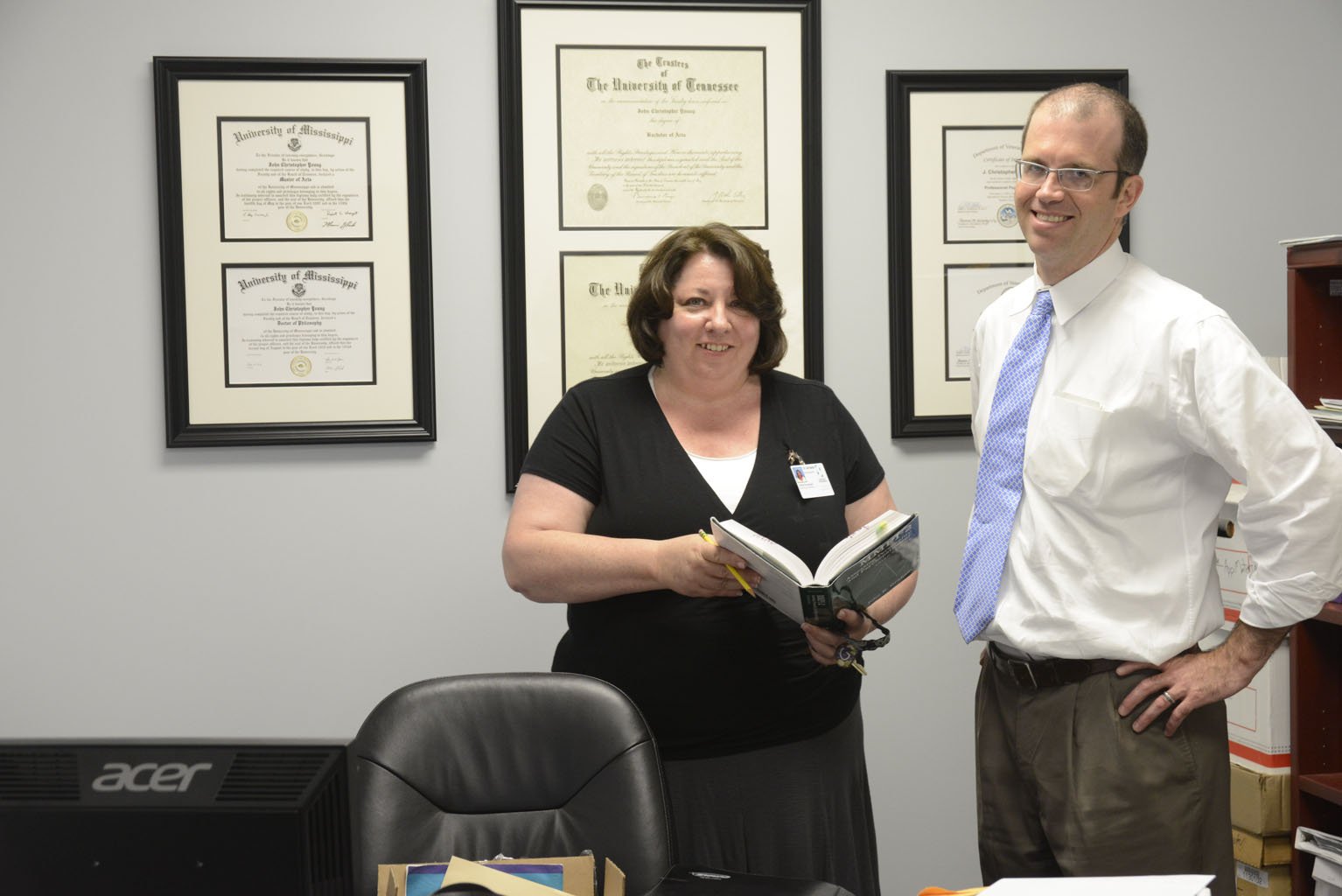Neuropsychology
Brain dysfunction can produce diverse and profound changes in an individual’s cognitive and behavioral functioning.
These changes are frequently attributable to diseases and conditions of the nervous system, such as Alzheimer’s disease, stroke, epilepsy, multiple sclerosis, and traumatic brain injury.
However, many chronic health conditions, including hypertension, diabetes, sleep apnea and depression, can also produce prominent changes in cognition and behavior. Moreover, many children and adolescents experience cognitive, academic and behavioral challenges which are attributable to genetic, developmental, environmental and traumatic factors.
Clinical Neuropsychology is an applied science that examines the impact of both normal and abnormal brain functioning on a broad range of cognitive, emotional, and behavioral functions (AACN, 2007).
Siskin Hospital’s Department of Behavioral Medicine has the largest team of neuropsychologists in the region who have the expertise in diagnosis and management of diseases causing changes in cognition and behavior. It is our belief that individuals with such changes benefit from collaboration among their various health care providers, and our neuropsychologists routinely work with neurologists, neurosurgeons, physiatrists and primary care providers to develop an integrated and long-term care plan.
Locations
Geriatric and Memory Care
Changes in memory and other aspects of cognition are a normal part of growing older; however, some individuals will develop difficulties greater than those associated with normal aging. While memory difficulties typically are a cause of great concern, there are many diseases of the nervous system that can produce significant changes in language, mental speed, judgment, problem-solving, and movement.
Our team of neuropsychologists provide the highest level of expertise in diagnosis and behavioral management of various traumatic, neurodegenerative and psychiatric conditions including:
Mild Cognitive Impairment
Alzheimer’s Disease
Frontotemporal Dementia
Traumatic Brain Injury, including Subarachnoid Hemorrhage and Subdural Hematoma
Stroke
Parkinson’s Disease
Lewy-body Disease
Multiple Sclerosis
Epilepsy / Seizures
Primary Progressive Aphasia
Sleep Apnea
Poly-pharmacy Effects
Depression
In addition to working with your healthcare providers, our neuropsychologists provide ongoing training and support to families caring those with cognitive and behavioral impairments. Potential challenges for caregivers that our clinicians can assist with include:
Driving
Medication Adherence
Agitation / Combativeness
Hallucinations / Delusions
Insomnia
Incontinence
Depression, Grief and Adjustment Difficulties
Caregiver Burden
Sports Concussion
Concussion resulting from sporting activities is a well-recognized and frequent form of injury. Effective treatment and management is essential for minimizing risk of persistent cognitive and emotional changes.
The State of Tennessee recognizes the importance of concussion prevention and management, and has recently enacted legislation to ensure timely intervention. As of 2014 any youth athlete that displays symptoms of concussion must be removed from play and not return to practice or play involving physical exertion until cleared by a health care provider with expertise in concussion.
Siskin Hospital’s team of neuropsychologists specializes in the diagnosis and management of sports concussion. They will clarify the nature and severity of symptoms and develop a treatment plan to potentially include physical therapy and collaboration with other medical providers in the community. Following evaluation, neuropsychologists at Siskin Hospital can assist with return-to-play decisions.
Given that many schools do not currently provide baseline testing, Siskin Hospital is pleased to provide pre-season baseline testing using the most up-to-date diagnostic methods. This testing is quite brief and can help clarify whether an individual has sustained a concussion and when symptoms have fully remitted.


